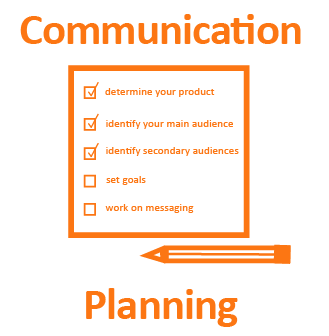Guide for Developing Partnerships
CADRE has compiled tips from DRK-12 awardees on building partnerships, acknowledging context and history, nurturing relationships and the work, and adapting to change.
CADRE has compiled tips from DRK-12 awardees on building partnerships, acknowledging context and history, nurturing relationships and the work, and adapting to change.
 It is important to start thinking early about how to communicate about your project and prepare to sustain your work and projects following the completion of your project. Using the dissemination section of your proposal as a guide, think about how you want to portray your project and its work.
It is important to start thinking early about how to communicate about your project and prepare to sustain your work and projects following the completion of your project. Using the dissemination section of your proposal as a guide, think about how you want to portray your project and its work.